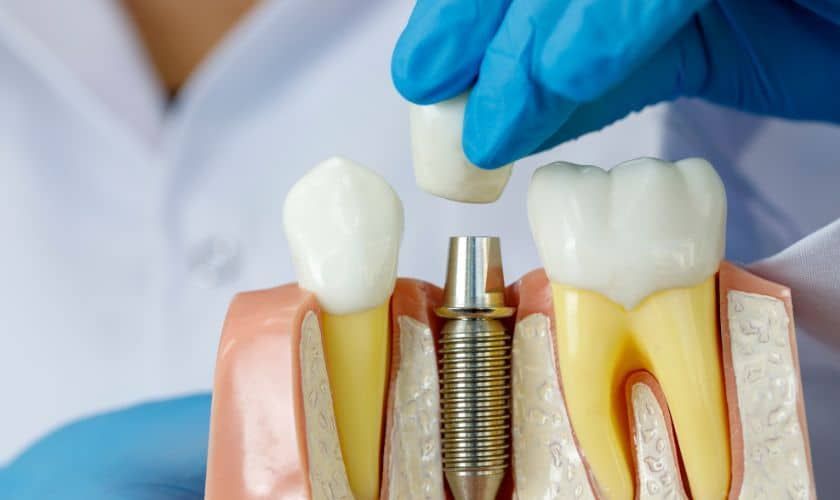What Not to Do Before Dental Implant Surgery

Dental implant surgery is a significant step towards restoring your smile and improving oral health. However, proper preparation is essential to ensure the success of the procedure and a smooth recovery. Here are some critical things to avoid before your dental implant surgery.
Things to Avoid Before Dental Implant
Here, we’ll explore some key things to avoid before your implant procedure.
1. Skipping Medical and Dental History Disclosure
It is crucial to provide your dentist or oral surgeon with a comprehensive medical and dental history. Skipping this step can lead to complications during or after the surgery.
Why it matters: Your medical history can reveal underlying conditions that might affect the surgery or recovery. For instance, conditions like diabetes or cardiovascular issues need to be managed carefully.
2. Ignoring Pre-Surgery Instructions
Your dentist will provide specific instructions to follow before the surgery. Ignoring these can lead to complications.
Why it matters: Pre-surgery instructions often include fasting, medication, and oral hygiene guidelines. Not adhering to these instructions can result in surgical complications or postponement.
3. Eating or Drinking Before Surgery
Most dental implant surgeries require sedation or anesthesia, which means you should not eat or drink for a certain period before the procedure.
Why it matters: Eating or drinking before surgery can increase the risk of aspiration during anesthesia, which can be dangerous. Always follow your dentist’s guidelines regarding fasting.
4. Using Tobacco Products
Smoking or using other tobacco products can severely impact the success of your dental implant surgery.
Why it matters: Tobacco use impairs blood flow and can delay healing, increasing the risk of implant failure. It’s advisable to quit smoking at least a few weeks before and after the surgery.
5. Ignoring Oral Hygiene
Failing to maintain good oral hygiene before the surgery can lead to infections and complications during the procedure.
Why it matters: Clean teeth and gums reduce the risk of infection. Your dentist might recommend a specific cleaning routine or even a professional cleaning before the surgery.
6. Taking Certain Medications Without Consulting Your Dentist
Some medications can interfere with the anesthesia or the healing process.
Why it matters: Blood thinners, for example, can increase bleeding during surgery. Always inform your dentist about all the medications you are taking, including over-the-counter drugs and supplements.
7. Neglecting to Arrange Post-Surgery Transportation and Care
Dental implant surgery often requires sedation, meaning you will not be in a condition to drive or care for yourself immediately after.
Why it matters: Arrange someone to drive you home and stay with you for at least the first few hours after surgery. This ensures your safety and comfort during the initial recovery period.
8. Excessive Alcohol Consumption
Drinking alcohol before surgery can interfere with the anesthesia and overall surgical outcome.
Why it matters: Alcohol can increase bleeding and affect the metabolism of anesthesia, leading to complications. Avoid alcohol for at least 48 hours before the surgery.
Conclusion
Preparing for dental implant surgery involves more than just showing up on the day of the procedure. By avoiding these common pitfalls, you can help ensure a smoother surgery and a faster recovery. Always follow your dentist’s pre-surgery guidelines and communicate openly about your health and habits to achieve the best possible outcome.

